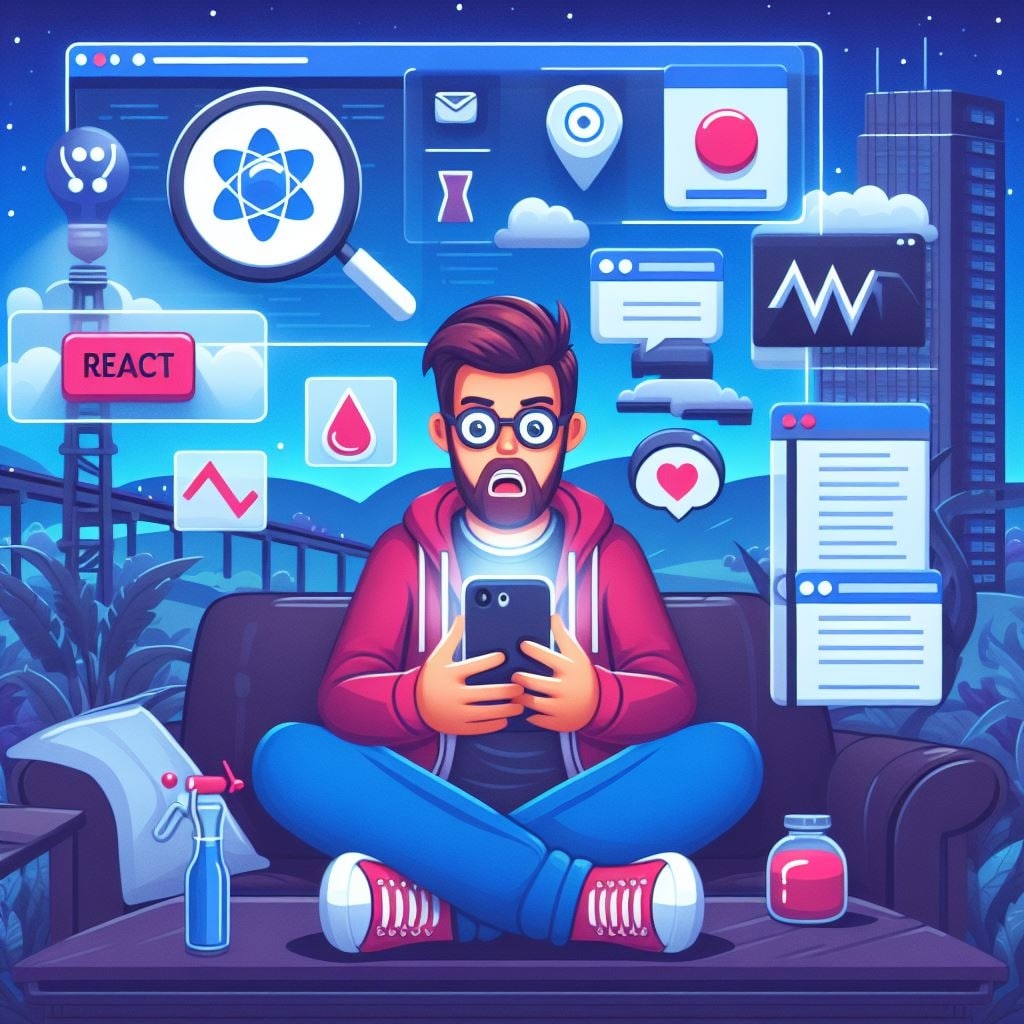Extended Reality In Mobile Development
One of the most exciting shifts is the integration of Extended Reality in Mobile Development. Businesses and developers are embracing immersive solutions to enhance user experiences, boost engagement, and create new digital possibilities. AR overlays digital elements onto the real world, while VR transports users into entirely virtual spaces. Together, they are redefining how mobile applications are designed and used across industries.
Extended reality in mobile development
Transforming user interaction
These technologies reshape how individuals interact with applications by introducing intuitive gestures, real-world overlays, and immersive visuals. From virtual showrooms to interactive learning apps, the potential to connect with users on a deeper level has never been greater.
Practical applications
Retail & E-Commerce
Virtual product trials and 3D views of items help consumers make confident purchase decisions.

Healthcare
AR/VR-powered apps assist in medical training, patient education, and remote consultations.

Education
Interactive lessons enable learners to explore concepts in engaging, realistic environments.

Real estate
Prospective buyers can take virtual tours of properties, reducing decision-making time.

Benefits for developers and businesses
- Stronger user engagement through immersive experiences.
- Increased brand value by showcasing innovation.
- Enhanced accessibility to global audiences with mobile-based platforms.
- Growth opportunities in emerging markets where immersive apps are gaining popularity.

Challenges ahead
While the possibilities are immense, developers face challenges such as hardware limitations, performance optimization, and ensuring accessibility across devices. Additionally, creating seamless experiences requires advanced design expertise and continuous testing to maintain quality.
Growing market opportunities
The demand for AR/VR-powered applications is rising across industries. With increasing consumer interest, businesses investing early in these technologies are gaining a strong competitive edge. Startups and enterprises alike are exploring innovative models, opening revenue streams that were previously unimaginable.

Technologies integration
The integration of AR/VR with artificial intelligence, cloud computing, and Internet of Things (IoT) devices is creating smarter, more responsive mobile applications. This synergy enables personalized experiences, predictive analytics, and adaptive interfaces, taking immersive mobile solutions to the next level.

Future outlook
As 5G connectivity expands and mobile hardware improves, the adoption of AR/VR in Mobile Development will accelerate. The coming years will bring more realistic visuals, smoother interactions, and integration with other technologies like artificial intelligence and the Internet of Things. These advancements will make immersive mobile applications more mainstream and impactful.
Conclusion
By incorporating AR, VR, and MR technologies, businesses can deliver more engaging mobile experiences, improve customer interaction, and boost app retention. Leveraging Extended Reality in Mobile Development allows developers to create innovative applications for gaming, education, retail, and healthcare. As XR technology advances, mobile apps will become increasingly immersive, interactive, and personalized, setting new standards for the future of mobile development.
